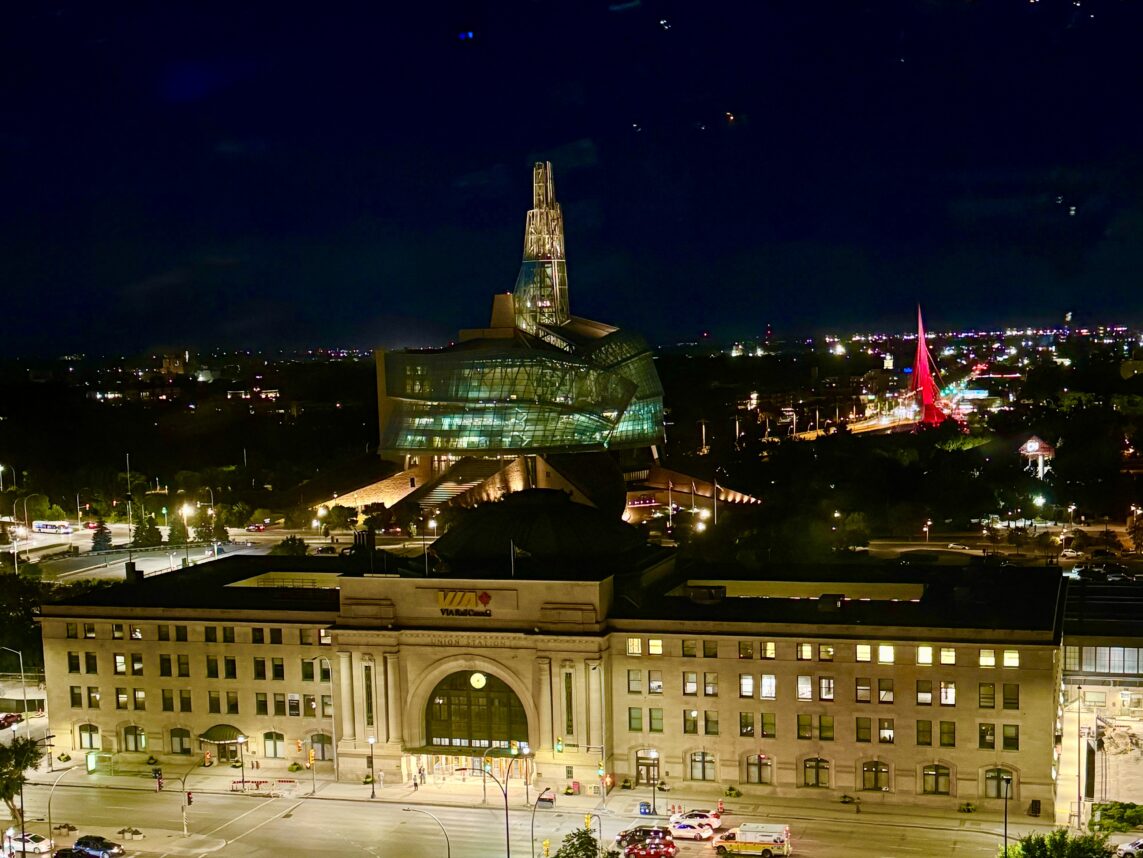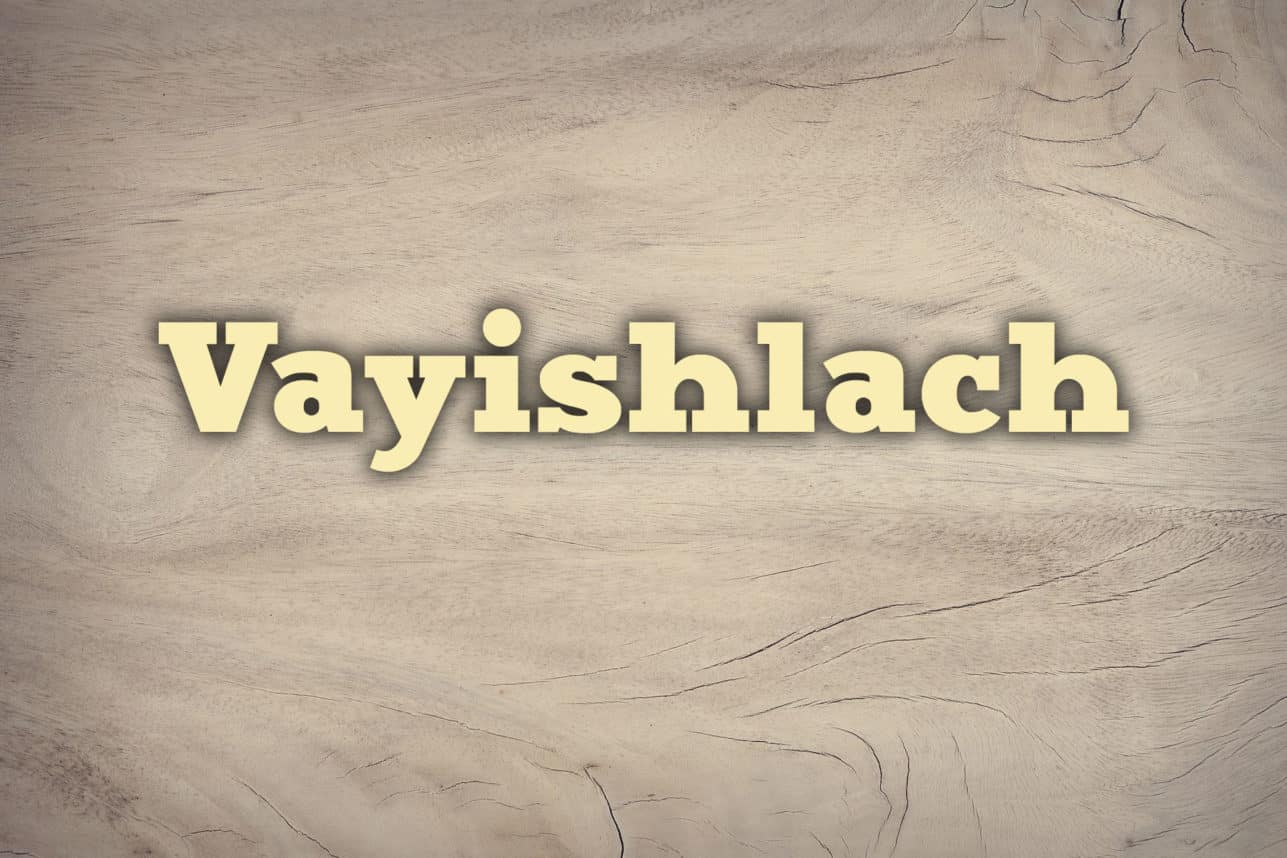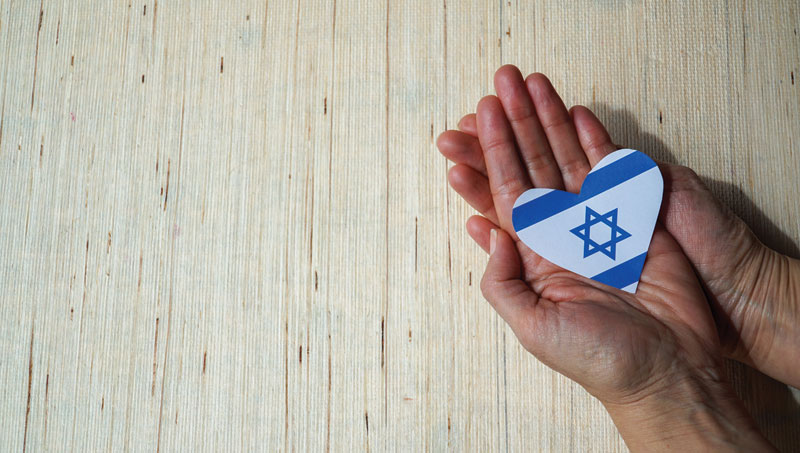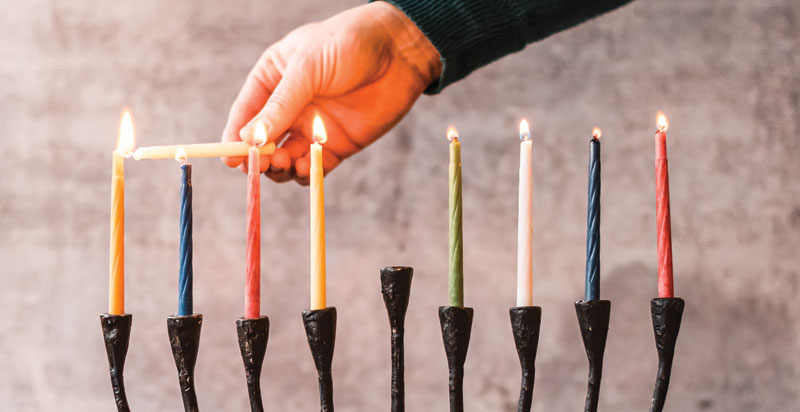With Syria's poison gas outrage and the images of scores of churches in Egypt burned to the ground, it's understandable if many people in our community didn't pause for the 50th anniversary of Martin Luther King Jr.'s March on Washington.
That would be a mistake on many levels.
First. That March and that Speech changed American history forever.
On Aug. 28, 1963, a century after Lincoln issued the Emancipation Proclamation, MLK delivered his “I Have a Dream” speech on the steps of the Lincoln Memorial. Unlike in today's PC climate, Rev. King engaged Americans of all races and religions without any “happy talk.” Instead, he spoke as a latter-day Hebrew Prophet declaring “the Negro is still sadly crippled by the manacles of segregation and the chains of discrimination. . . . So we have come here today to dramatize a shameful condition.”
What King did that day was to challenge every American to join in a journey demanding great sacrifices — that would end in a shared triumph over prejudice and discrimination. Of course, MLK gave his own last full measure of devotion when he was assassinated in 1968. We should remember Rev. King like the Israelites remembered Moses: as a prophet who died without ever entering the Promised Land.
Secondly, King — heroically leading a non-violent movement for change against all odds — helped inspire and shape post-Holocaust American Jewish activism.
To many young American Jews of the time, Rev. King was also their hero. Before many establishment Jewish leaders spoke out on behalf of Soviet Jewry, Rev. King did. When black extremists disparaged Israel, Rev. King drew a line in the sand. Just 10 days before his assassination in Memphis, Rev. King declared: “I see Israel, and never mind saying it, as one of the great outposts of democracy in the world, and a marvelous example of what can be done, how desert land can almost be transformed into an oasis of brotherhood and democracy. Peace for Israel means security, and that security must be a reality.”
In 1963, many Jewish groups were galvanized to action. In the weeks leading up to the March, the American Jewish Committee affirmed that “Jews have always been part of the eternal struggle for human dignity and social justice,” challenging its members in the South as well as North to participate in nonviolent civil rights demonstrations, along with the fact that Rev. King shared that historic platform with leaders of major Jewish organizations including the Central Conference of American Rabbis, the United Synagogue Council of America, and the Synagogue Council of America.
Rabbi Joachim Prinz, a leader of the World Jewish Congress and World Zionist Organization, challenged all Jews and the silent majority of Americans when he declared: “When I was a rabbi of the Jewish community in Berlin under the Hitler regime, I learned many things. The most important that I learned . . . is that bigotry and hatred are not the most urgent problem. The most urgent, the most disgraceful, the most shameful and the most tragic problem is silence.”
We should remember the Jewish leaders who supported the cause of the 1963. Yet we should not forget the many Jewish young people whose names were not publicized, and who carried signs in 1963 reading in Hebrew and English the biblical quote inscribed on the base of the Liberty Bell: “Proclaim liberty throughout the land.” They marched less than a year before Andrew Goodman and Michael Schwerner were lynched beside James Earl Chaney during 1964’s “Mississippi Freedom Summer.”
The 1963 March put the political spotlight on achieving color-blind public accommodations, job opportunities, and voting rights. Speakers at the 2013 Commemoration emphasized that gains that have been made need to be protected and advanced, while new issues like racial profiling, gender equality and immigration reform are engaged.
Unfortunately, 2013 speakers generally failed to articulate anything like Rev. King’s unifying moral vision: “I have a dream that my four little children will one day live in a nation where they will not be judged by the color of their skin but by the content of their character.” In the ongoing struggle for justice for today’s disadvantaged, we must not lose sight of shared values transcending racial and other grievances that unified the 1963 marchers.
Reverend Martin Luther King, Jr., was indeed a latter-day Hebrew Prophet. Like the Prophets of old, he preached a universal, timeless message of biblically-rooted justice and tikkun olam. Rabbi Abraham Joshua Heschel — with his own prophetic credentials who marched with King at Selma in 1965 — delivered a remarkable address at a Conference on Religion and Race six months before the 1963 Washington March. He compared Moses’ first meeting with Pharaoh to “a summit meeting,” and then said: “The outcome of that summit meeting has not come to an end. Pharaoh is not ready to capitulate. The Exodus began, but is far from having been completed.”
Today, we await the appearance of a new generation of leaders — black and white, Christian, Jewish, and Muslim — who can resume King’s journey toward justice and lead us all closer to a land and world of promise.
Rabbi Abraham Cooper is associate Dean of the Simon Wiesenthal Center. Dr. Harold Brackman, a hisotrian is a consultant to the Simon Wiesenthal Center.






















 More news and opinions than at a Shabbat dinner, right in your inbox.
More news and opinions than at a Shabbat dinner, right in your inbox.